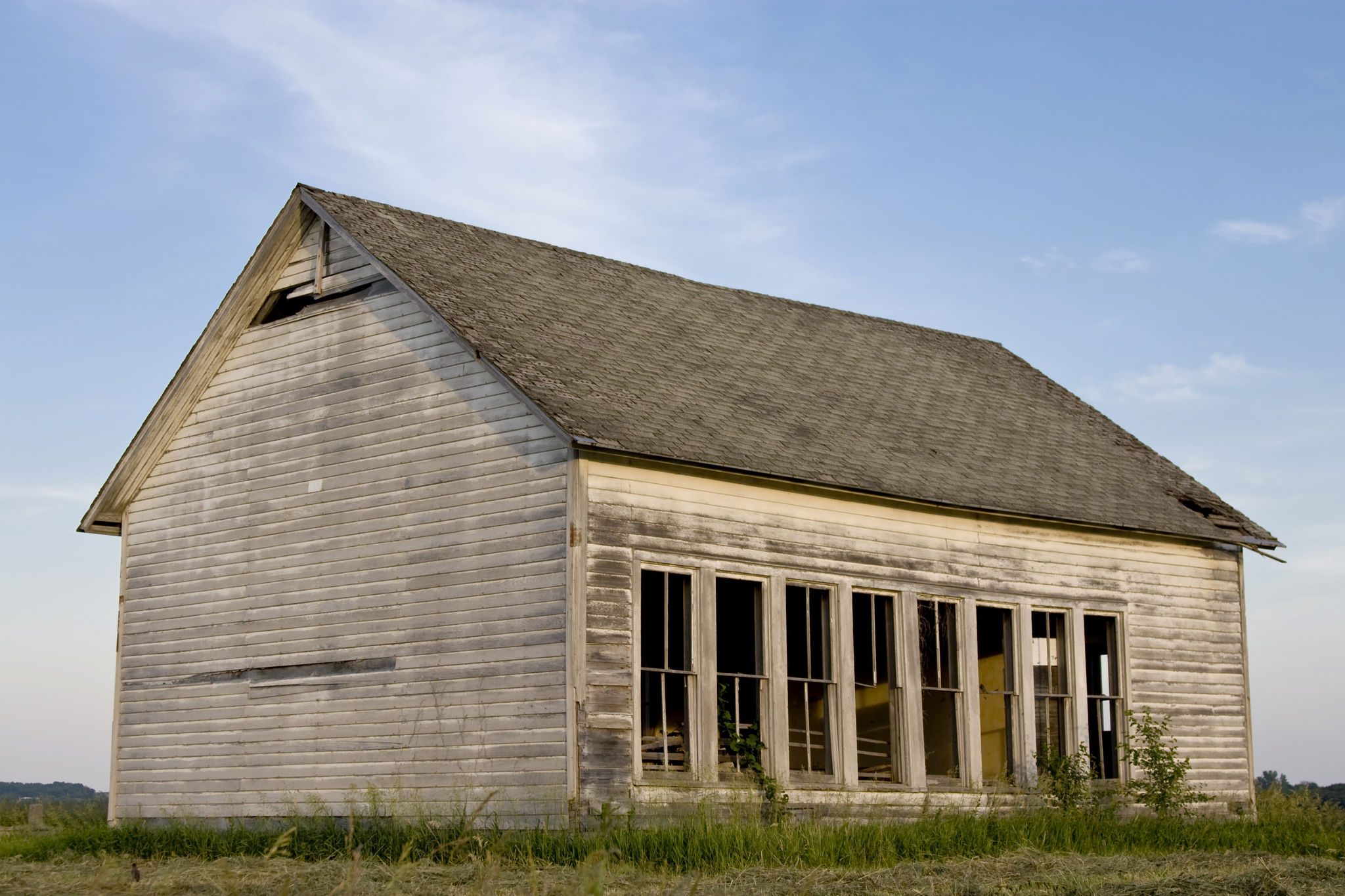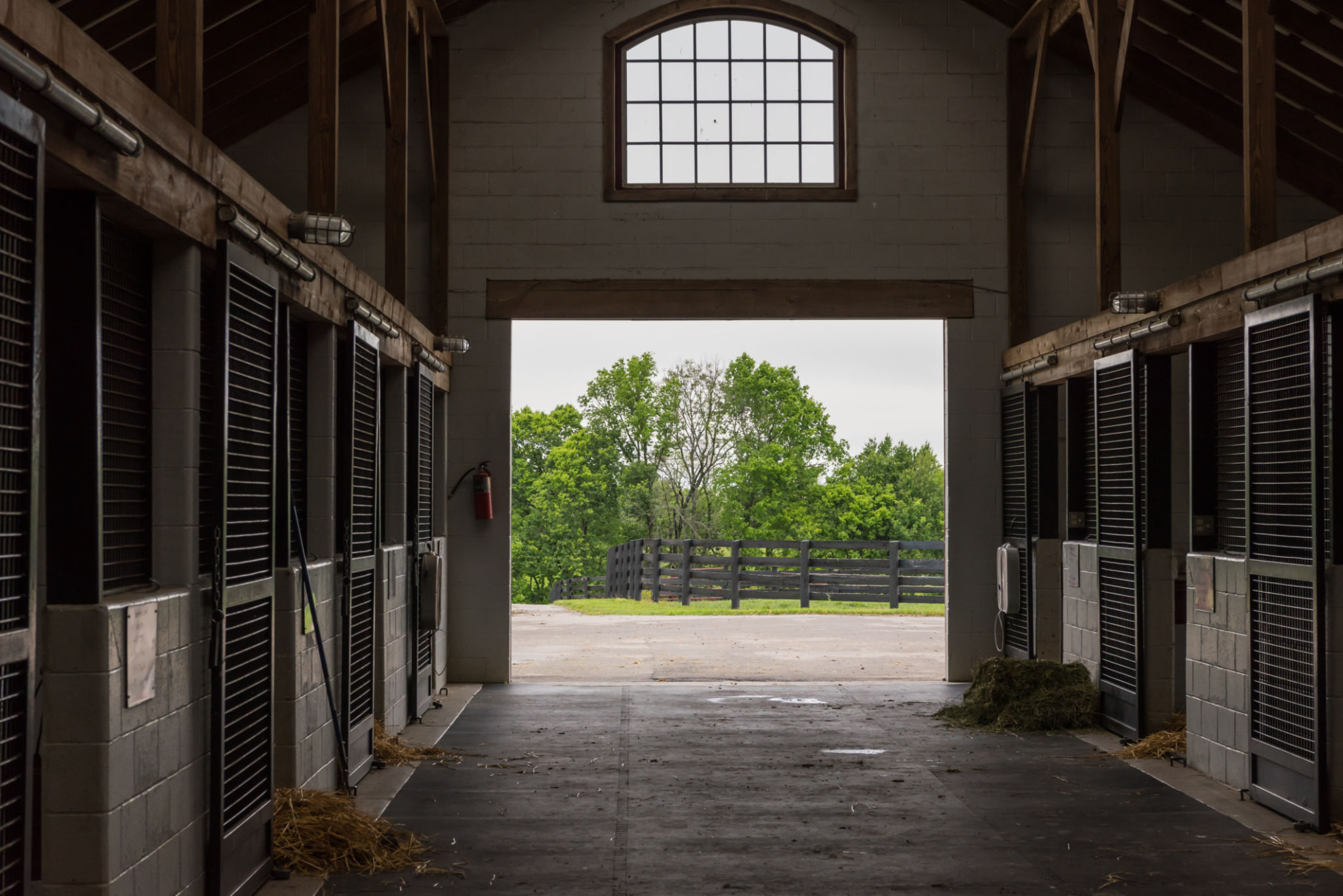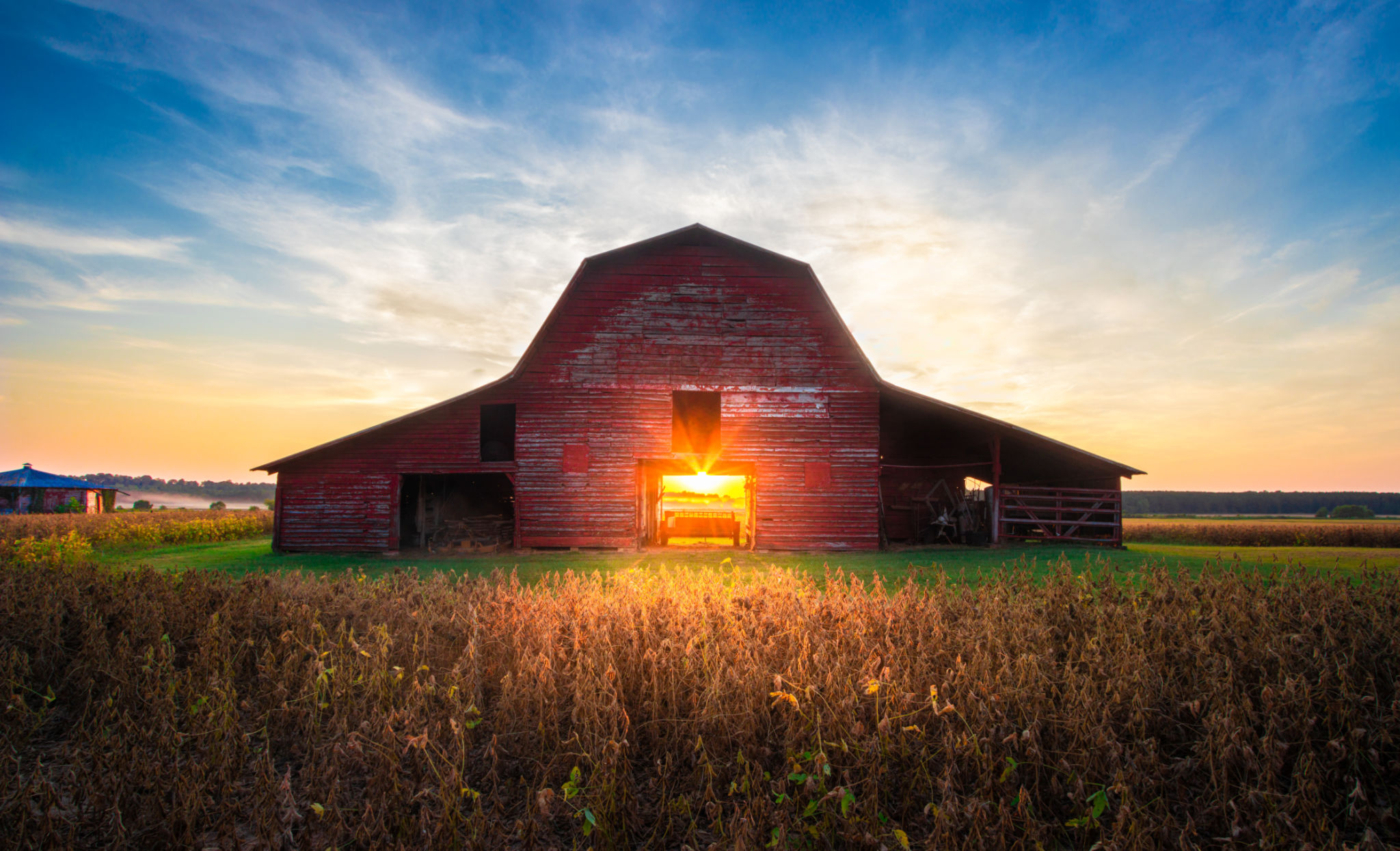Preparing Your Barn for Seasonal Changes: A Year-Round Maintenance Guide
Understanding Seasonal Challenges
Preparing your barn for seasonal changes is crucial to maintaining a safe and functional environment for your animals and equipment. Each season brings its own set of challenges, from harsh winter snows to sweltering summer heat. Understanding these changes will help you anticipate and address potential issues before they become serious problems.
Seasonal maintenance is not just about addressing immediate concerns but also about planning ahead. This guide will walk you through the essential tasks required to keep your barn in top shape year-round. By following a structured maintenance routine, you can ensure smooth transitions from one season to the next.

Winter Preparation
Winter can be particularly challenging for barn owners. Cold temperatures, ice, and snow require specific preparations to ensure the safety and comfort of your animals. Start by inspecting the roof for any damage that could lead to leaks under the weight of snow. Make sure your barn's insulation is adequate to keep the interior warm.
Consider installing rubber mats on floors to prevent slipping, and ensure that water sources do not freeze by using heated water buckets or trough heaters. Stock up on feed and bedding materials to avoid shortages during heavy snowfalls.
Ventilation and Air Quality
Maintaining proper ventilation during winter is essential to prevent moisture buildup and poor air quality. Ensure that vents are clear of debris and functioning correctly to allow fresh air circulation without creating drafts.

Spring Cleaning and Repairs
As winter fades, spring is the perfect time for a thorough cleaning and inspection of your barn. Clear out any accumulated dust, cobwebs, and dirt from all areas, focusing on hard-to-reach corners. This not only improves air quality but also reduces fire hazards.
Conduct a detailed inspection of all structural elements, such as walls, doors, and windows, for any damage incurred during winter. Address any repairs promptly to prevent small issues from escalating into costly problems.
Pasture Management
Spring is also an excellent time to assess and manage your pastures. Rotate grazing areas to allow for regrowth, and reseed any bare patches to ensure lush, healthy pastures for your animals.

Summer Cooling Strategies
Keeping your barn cool during the hot summer months is vital for animal health and comfort. Install fans or misters to help regulate temperature and humidity levels within the barn. It’s also wise to provide plenty of shade around outdoor areas.
Regularly clean water troughs and ensure they are always filled with fresh water to keep animals hydrated. Consider adjusting feeding times to cooler parts of the day to minimize heat stress on livestock.
Pest Control
Summer is peak season for pests such as flies and mosquitoes. Implement effective pest control measures, including fly traps and natural repellents, to maintain a comfortable environment for both animals and humans alike.

Fall Preparation
As temperatures drop in the fall, it’s time to prepare your barn for the upcoming colder months. Inspect and test heating systems to ensure they are fully operational before winter arrives. Clean gutters and downspouts to prevent blockages that could lead to water damage during fall rains.
Fall is also an ideal time to perform routine equipment maintenance. Lubricate moving parts, replace worn-out components, and store equipment properly to extend their lifespan through the off-season.
Stocking Up
To prepare for winter, make sure your feed storage systems are organized and stocked with sufficient supplies. This will help avoid emergency trips during inclement weather and ensure your animals are well-fed throughout the winter months.